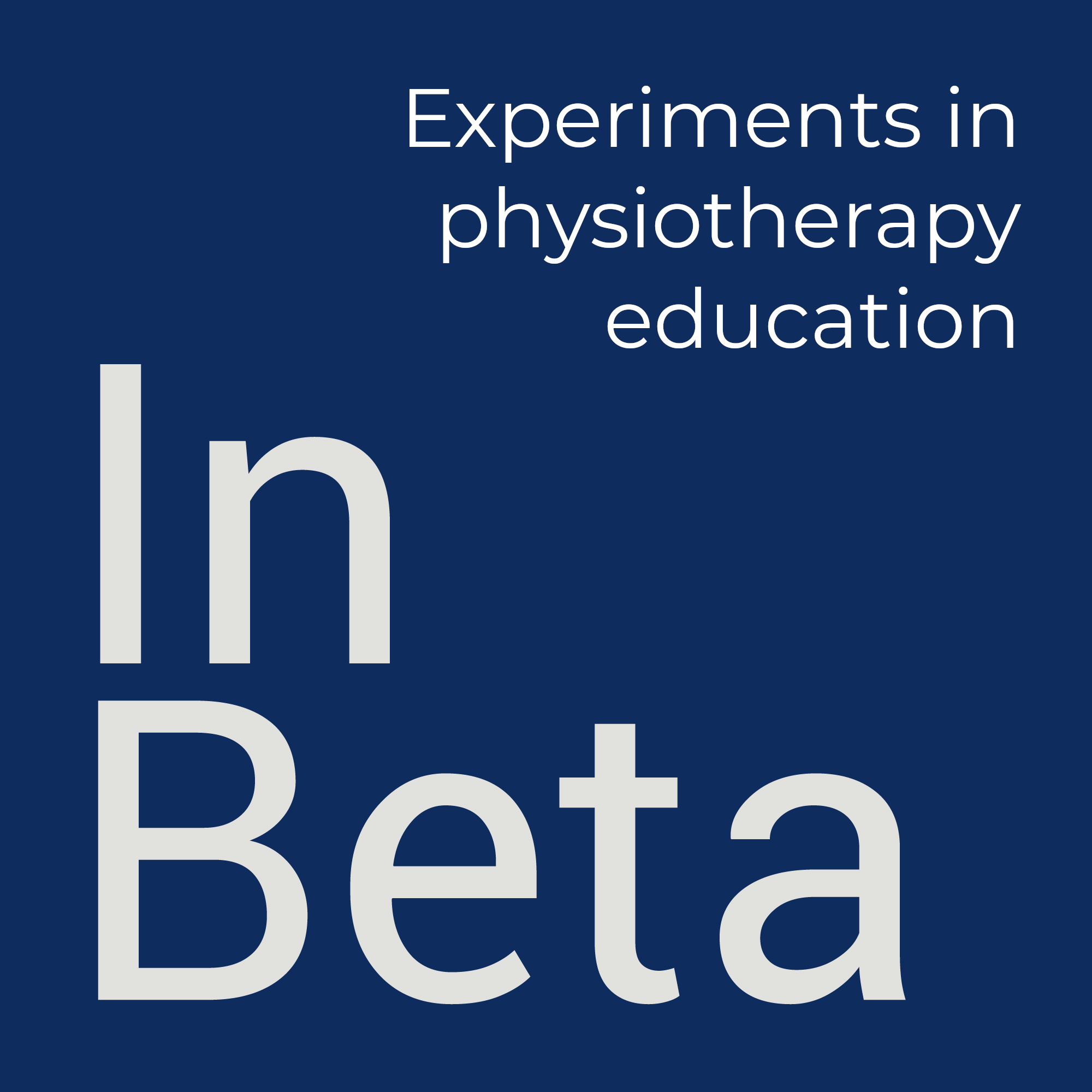Start with Wikipedia. But don’t stop there.
Stephen Downes
Introduction
I made my first Wikipedia edit on the Physical Therapy article, at 23:21 on 25 April 2004. I was living in Ireland at the time and had just learned about a new kind of website, called a wiki, that anyone could edit. And so I did. And I loved it. It was easier to contribute then than it is today, since the scope and depth of articles was far more limited; I think I might even have created a couple of pages. I still contribute to Wikipedia, although far less frequently than I used to. Nowadays, my contributions are more likely to be in the form of adding images to the Wikimedia Commons, and tidying up the metadata associated with other images, via the Wikipedia app.
My fascination with wikis led to a wiki-based student collaborative project called OpenPhysio, which I created as part of my PhD research. Unbeknownst to me, a couple of months before I started OpenPhysio, Rachael Lowe launched Physiopedia. I’d been using OpenPhysio to help students develop digital literacy, by editing physiotherapy-related articles in class. Since there was no question of me getting into the content development business, as soon as my research project ended, we merged the articles from OpenPhysio into Physiopedia.
All that is to say that I’ve been fascinated with the idea of collaborative content development since I discovered wikis, and Wikipedia seems to me to be the epitome of that concept. I love the idea that people from all over the world contribute to this encyclopedia, and that we’ve collectively built something that would be impossible to create in a centralised, top-down, controlled process; what made Wikipedia possible was the decision to give control to the users. In that way, I still kind-of feel like wikis – or their modern equivalents – might be the perfect platform for supporting personal knowledge construction.
Podcast
Fridman, L. (n.d.). Jimmy Wales: Wikipedia (385).
The following is a conversation with Jimmy Wales, co-founder of Wikipedia, one of, if not the most impactful websites ever, expanding the collective knowledge, intelligence, and wisdom of human civilization.
I can’t stress strongly enough what a big deal I think Wikipedia is, and this conversation explores some of the reasons for how it became one of the most popular websites in the world. While the episode isn’t specifically about the use of Wikipedia for learning, teaching, or assessment, it does cover an enormous range of the history and background of the project, as well as some ideas around where it might be headed.
If you’re more sceptical about the value of Wikipedia as an academic resource, I hope that this conversation helps to allay some of your concerns.
Article
Malik, A., Rafiq, M., & Mahmood, K. (2023). Wikipedia and academia: University faculty patterns of use and perceptions of credibility. Journal of Librarianship and Information Science.
…the findings of this study suggest that faculty perceptions have grown more favorable regarding Wikipedia use, usefulness, and quality of information. Hence, our study found that faculty members were trying to integrate Wikipedia into their teaching, learning, and research endeavors by allowing students to consult and cite Wikipedia information and enabling them to be critical and proficient users of Wikipedia as a part of their information-seeking, gathering, and sense-making practices. However, there is a need of moving beyond the passive consumption of content to contribute to Wikipedia content by creating new entries, and adding to and editing earlier entries.
The abstract says it all.
Forgive the self-plug, but this is the paper I published after the wiki project I mentioned in the introduction above: Rowe, M. (2012). The use of a wiki to facilitate collaborative Learning in a South African physiotherapy department. South African Journal of Physiotherapy, 68(2).
Resource
Green, M. & Maxwell, G. (2010). Wikify Your Course: Designing and Implementing a Wiki for Your Learning Environment. Educause Review.
Key Takeaways
- Wikis help engage students in their learning while providing social interaction with their peers in the learning process.
- A wiki assignment should enable students to work at the conceptual level of understanding on authentic projects where they can solve problems, discover relationships, discern patterns, and develop a deep understanding of content.
- At the heart of a wiki project is collaborative knowledge building by students mediated by user-generated design, as explained in this article.
Some useful advice on adding a wiki-based activity to your course or programme.
Community
Wikipedia:Contributing to Wikipedia – Wikipedia.
As a new editor, also known as a contributor, you may feel a little overwhelmed by the sheer size and scope of this project called Wikipedia. Don’t worry too much if you don’t understand everything at first, as it is acceptable to use common sense as you go about editing. Wikipedia not only allows you to create, revise, and edit articles, but it wants you to do so. You just need to remember that you can’t break Wikipedia and although there are many protocols, perfection is not required, as Wikipedia is a work in progress.
If you’re interested in getting involved in the Wikipedia editor / contributor community, you can find out more at the link above.
